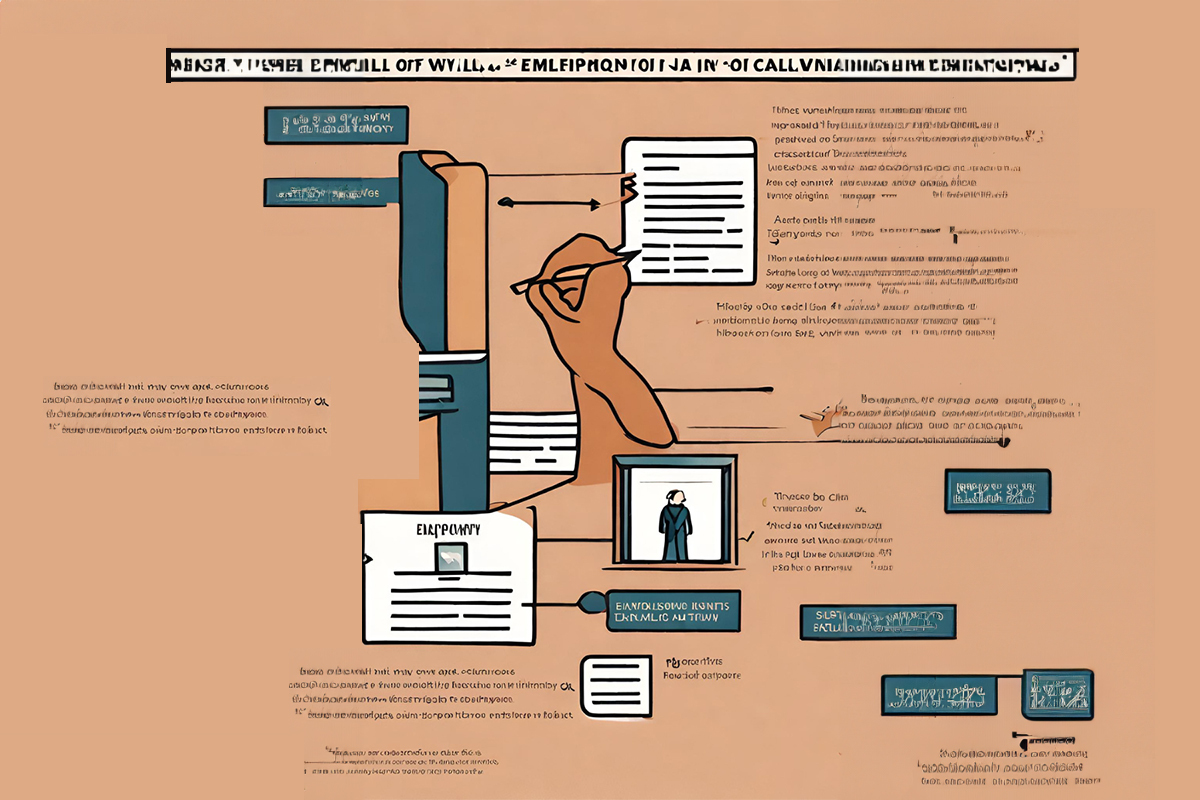In the dynamic landscape of California employment law, understanding the intricacies of termination is crucial for both employers and employees. At the heart of this understanding lies the concept of at-will employment, which forms the foundation of most employment relationships in the state.
In California, at-will employment means that either the employer or the employee can terminate the employment relationship at any time, with or without cause, and with or without notice. While this provides flexibility for both parties, it also underscores the importance of adherence to state and federal anti-discrimination laws, which prohibit termination based on protected characteristics such as race, gender, age, disability, and more.
Part 1 of our series will delve into the nuances of at-will employment in California, exploring its implications for both employers and employees. Stay tuned as we navigate the intricacies of termination under California law.
In California, employment relationships are predominantly governed by the doctrine of at-will employment. This means that both employers and employees have the right to terminate the employment relationship at any time, for any reason, or for no reason at all, with or without advance notice.
At-will employment offers flexibility for both parties, allowing employers to make personnel decisions based on business needs and employees to pursue opportunities that align with their career goals. However, it’s essential to recognize that at-will employment does not give employers carte blanche to terminate employees in violation of state or federal laws.
Under California law, employers cannot terminate employees for reasons that contravene public policy or discriminate against protected classes. Discrimination based on factors such as race, gender, age, disability, religion, sexual orientation, and other protected characteristics is strictly prohibited.
As an employer, it’s imperative to understand the legal parameters surrounding at-will employment and to ensure that termination decisions are made in compliance with applicable laws and regulations. Conversely, employees should be aware of their rights and protections under California law and seek legal recourse if they believe they have been wrongfully terminated.
Stay tuned for the next installment in our series, where we’ll explore the concept of wrongful termination in greater detail and discuss strategies for mitigating risks associated with termination in the workplace.






